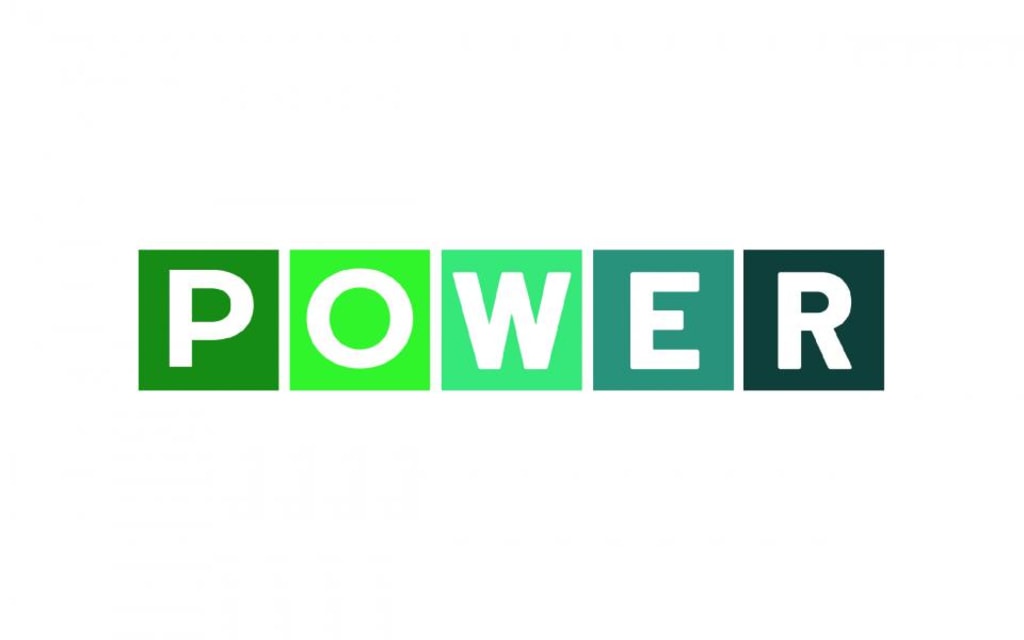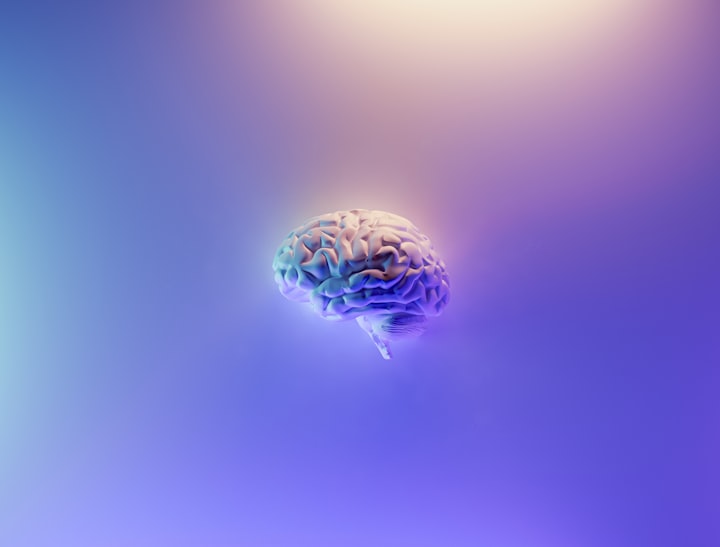Power
Unleashing the Potential Within

Power is a multifaceted concept that has captivated the human imagination for centuries. From ancient civilizations to the modern world, power has played a pivotal role in shaping societies, driving progress, and influencing the course of history. Whether it manifests as political authority, economic dominance, or personal influence, power holds the key to unlocking the potential within individuals and nations. In this article, we will delve into the dimensions of power, exploring its sources, impacts, and the responsibility it entails. By understanding the dynamics of power, we can harness its potential to foster positive change and create a brighter future.
1. The Nature of Power (Word Count: 370)
Power, at its core, is the ability to exert control or influence over others or events. It can be derived from various sources, such as wealth, knowledge, position, or charisma. Political power, for instance, is often associated with governance and the ability to make decisions that shape the destiny of nations. Economic power lies in the hands of those who control resources and capital, enabling them to shape markets and economies. Additionally, power can be found in the realm of ideas and influence, where thinkers, artists, and opinion leaders shape public discourse and societal norms.
2. Power Dynamics in Society (Word Count: 410)
Power is not distributed evenly in society; it is subject to hierarchies and imbalances. Political power is concentrated in the hands of those who hold public office, while economic power tends to favor those with wealth and access to resources. This concentration of power can lead to social inequalities, as marginalized groups often lack the means to challenge the status quo. Moreover, power dynamics can perpetuate systemic oppression, hindering progress and stifling the voices of the powerless. Recognizing these power imbalances is crucial for addressing social injustices and fostering a more equitable society.
3. Power and Responsibility (Word Count: 430)
With great power comes great responsibility. Power wielders have the ability to shape the lives of others and influence the course of events. This responsibility demands accountability, empathy, and ethical decision-making. Whether in positions of authority or as individuals with personal influence, it is imperative to consider the consequences of our actions and exercise power responsibly. History is replete with examples of leaders who misused their power, leading to disastrous consequences. However, there are also instances of transformative leaders who used their power for the greater good, inspiring positive change and uplifting societies.
4. Empowering Individuals (Word Count: 410)
While power is often associated with institutions and hierarchies, it also resides within individuals. Personal power stems from self-awareness, confidence, and the ability to inspire and motivate others. Empowering individuals involves nurturing their strengths, fostering a sense of agency, and providing opportunities for growth. Education, mentorship, and access to resources play a vital role in empowering individuals, enabling them to overcome obstacles and reach their full potential. By recognizing and cultivating personal power, individuals can become agents of change, driving innovation and progress in their communities.
5. Power for Positive Change (Word Count: 430)
Power, when harnessed for positive change, has the potential to transform societies and uplift humanity. Throughout history, influential figures have used their power to advocate for justice, champion human rights, and challenge oppressive systems. Grassroots movements have emerged, leveraging collective power to challenge the status quo and demand social change. In an increasingly interconnected world, the power of collective action is amplified through technology and social media, enabling ordinary individuals to raise their voices and effect meaningful change.
Conclusion (Word Count: 145)
Power is an inherent part of human existence, shaping the fabric of societies and driving progress. Understanding the dynamics of power and
its impact on individuals and communities is essential for creating a more equitable and just world. By recognizing the responsibility that accompanies power and harnessing its potential for positive change, we can collectively unleash the transformative power within, fostering a brighter future for all. Let us strive to use power wisely, empower others, and build a world where power is synonymous with justice, compassion, and progress.





Comments
There are no comments for this story
Be the first to respond and start the conversation.